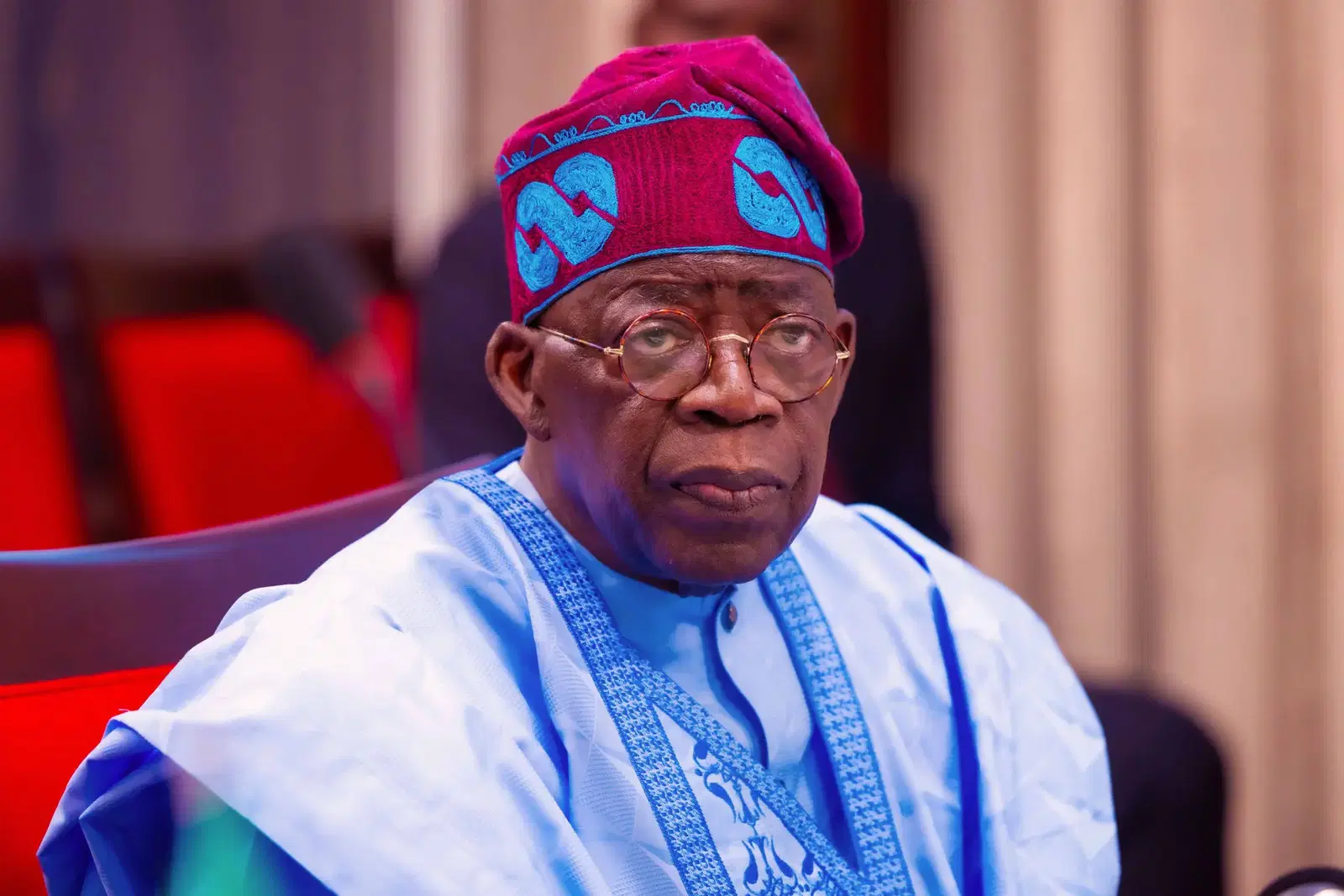In his independence anniversary broadcast on October 1, President Bola Tinubu highlighted his administration’s efforts to attract foreign direct investments (FDIs) into Nigeria, claiming that over $30 billion in FDIs have been secured within the first 16 months of his leadership.
However, this announcement has sparked a flurry of criticism from a segment of social media and television commentators who are eager to challenge any positive claims made by the government. These critics are trying to discredit the President’s assertions, with fact-checkers racing to verify the figures. I have shared with some friends who are skeptical that fact-checking is not an absolute exercise, particularly if those conducting the checks lack comprehensive knowledge. The validity of any claim often depends on perspective and context.
It’s essential to distinguish between attracting and securing investments. Attracting investments is the initial step, but several processes follow before they materialize fully. Many critics focus narrowly on capital importation, which offers a limited perspective on the investment landscape.
Attracting local or foreign investments does not equate to an immediate influx of cash into the economy. Investments may arise from new foreign or local investors establishing operations in Nigeria or from existing investors looking to expand their ventures.
During President Tinubu’s attendance at the G20 Summit in India in August, he secured commitments from Indian businessmen for a combined $14 billion in additional investments in Nigeria. Notably, these businessmen already have operations in the country. The chairmen of Indorama and Bharti Airtel were present during these discussions, demonstrating their confidence in the new economic direction under Tinubu’s administration.
At the New Delhi meeting, Airtel Chairman Sunil Bharti Mittal announced plans for an $800 million network expansion in Nigeria. In March, Airtel commenced the construction of a $500 million data center at Eko Atlantic City in Lagos.
President Tinubu’s assertion of attracting more than $30 billion into the country is backed by tangible developments. These investments are reflected in machinery, raw materials, cash, and various stages of decision-making.
Recently, the Special Adviser to the President on Energy, Olu Verheijen, hinted at new investments in the oil sector during a global forum in the USA. Statements from major oil and gas companies support her claims.
For instance, ExxonMobil announced plans to invest $10 billion in Nigeria’s deep waters to boost crude oil output during a meeting with Vice President Kashim Shettima in New York. Additionally, Total Energies revealed a final decision to invest $550 million in non-associated gas exploration and production, facilitated by President Tinubu’s Executive Orders for the Oil and Gas Sector.
In conclusion, while skepticism in governance is healthy, it is crucial to approach claims of investment with a nuanced understanding of the complexities involved. President Tinubu’s government appears to be making significant strides in attracting investments that could positively impact the Nigerian economy in the long run.

